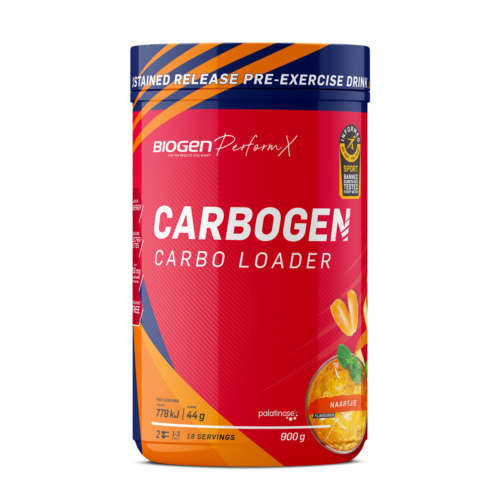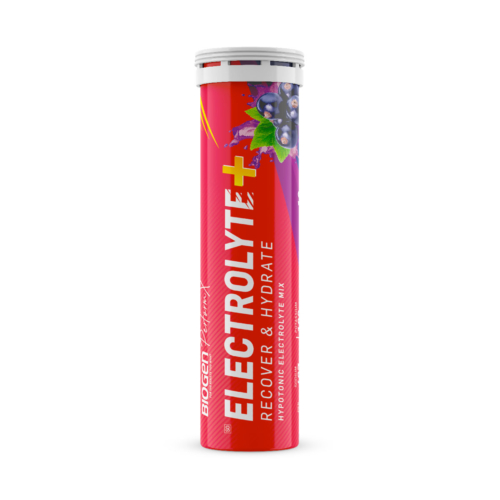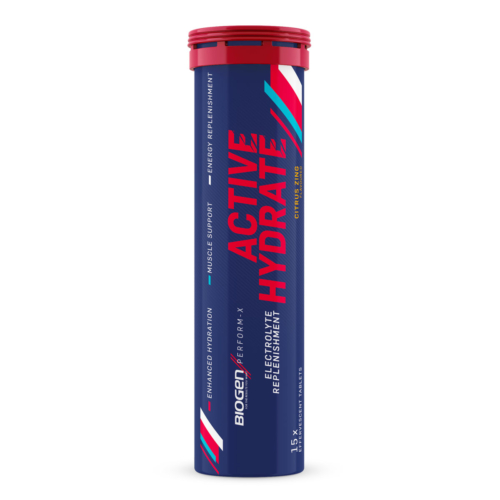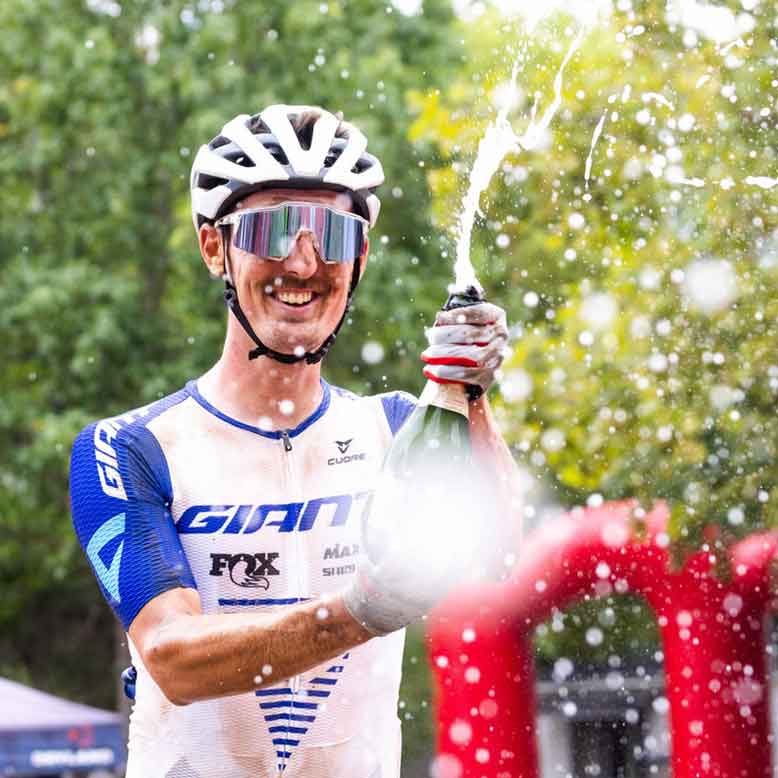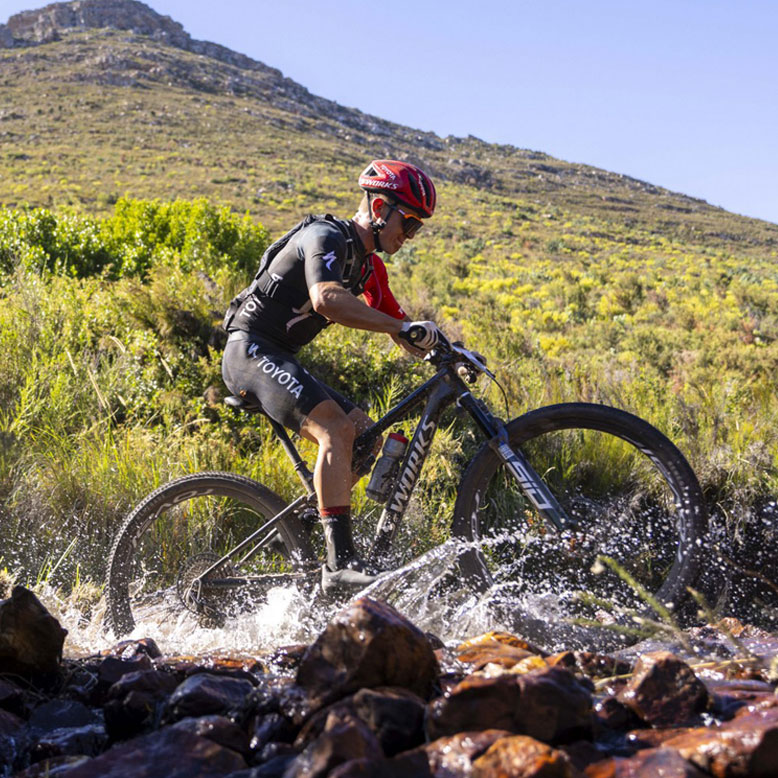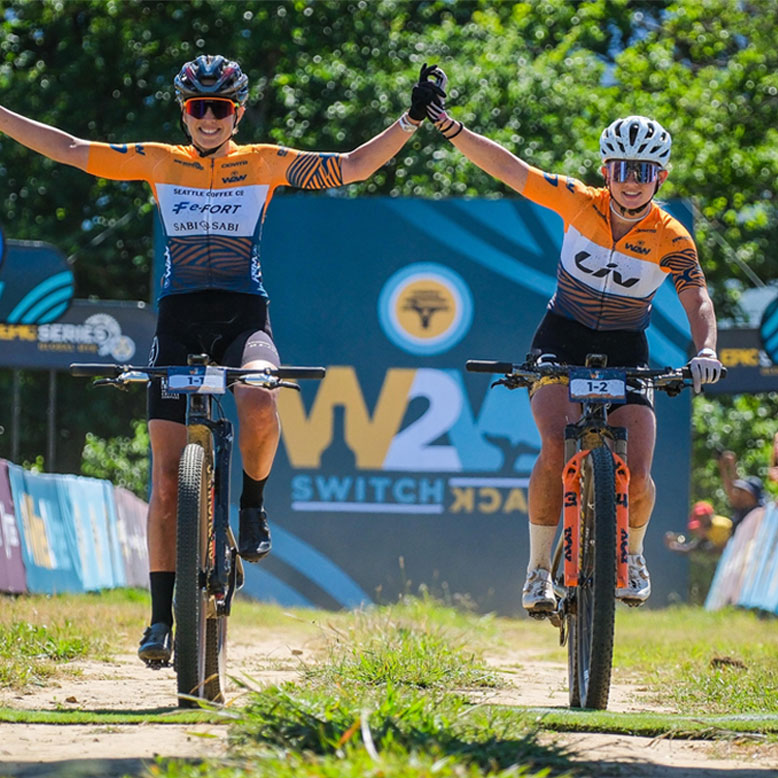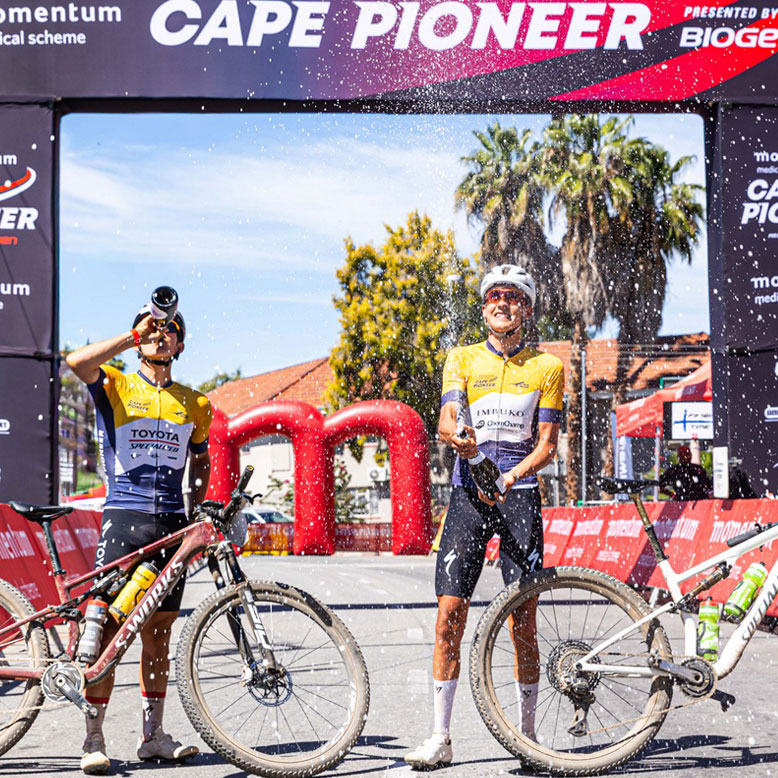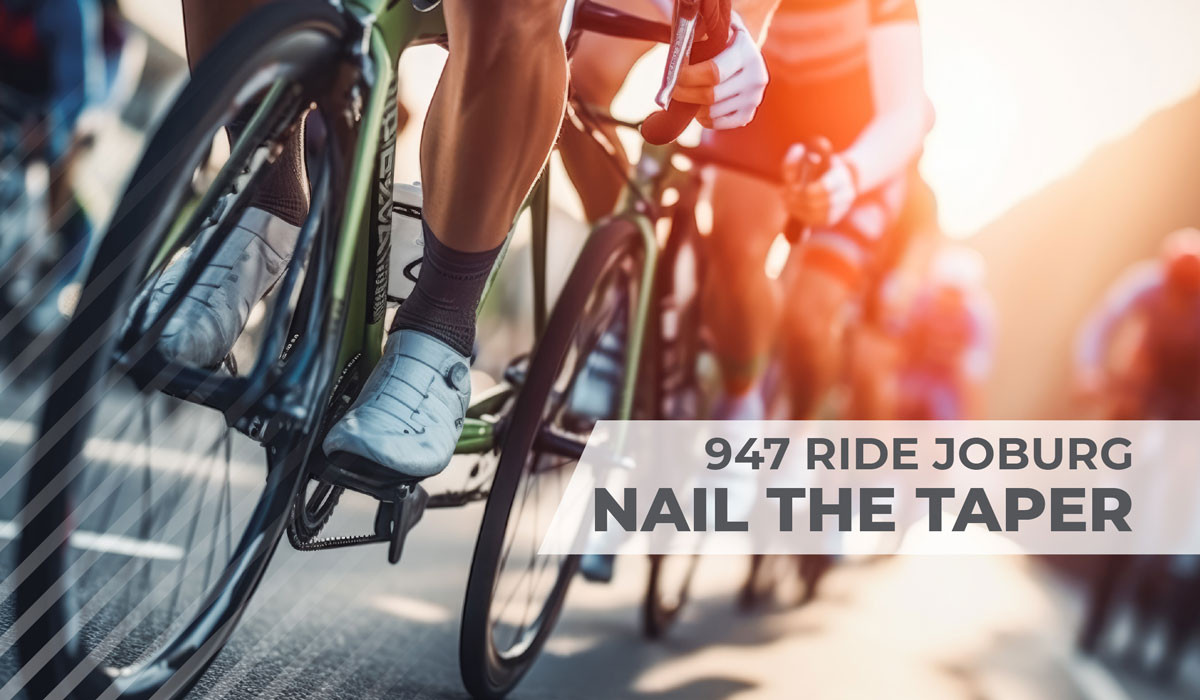
Master your race with Ride Joburg taper tips for smart training, nutrition, and recovery.
Ride Joburg is a highlight on the cycling calendar, with the iconic race taking riders through the City of Joburg, offering full road closure on some of the busiest roads on the continent.
On Sunday, 26 October 2025, entrants get to pedal alongside fellow riders and feel the pulse of the vibrant City of Joburg, renowned for its bustling energy and cultural diversity, as they ride on the M1 highway and experience the thrill of racing the Kyalami Grand Prix Circuit before celebrating the finish at the FNB Stadium in Soweto.
Fresh legs
The 97km race distance, coupled with the altitude and undulating course, makes it a stern test of fitness and perseverance, requiring fresh legs to conquer the challenge.
The key to lining up at the start fully recovered and ready to race following all the training is a proper training taper. Following weeks of hard work, an adequate training taper gives your body the time it needs to recover and adapt to the training.
When planning your taper, consider your preceding training load. Most recreational cyclists should benefit from a week-long taper, but higher training volumes may require longer tapers.
A taper aims to decrease training volume while keeping the intensity at a moderate to high level to keep your legs feeling sharp and maintain those training-induced adaptations.
A typical pre-race taper week can follow this structure:
- Day 1: Rest.
- Day 2: 90-120 minutes easy at a low intensity and high cadence (>90rpm).
- Day 3: Rest.
- Day 4: 30-minute warm-up at a low intensity. 4 x 4-minute intervals at threshold. 10-minute active recovery between intervals. 30-minute cool-down.
- Day 5: Rest.
- Day 6: 60-90 minutes easy ride at a low intensity with 5 x 2-minute accelerations. Active recovery for 5 minutes between accelerations.
- Day 7: Race day.
Eating during a taper
Continue to eat a healthy diet during your taper. However, you may want to slightly increase your carbohydrate intake to help your body store more glycogen – the main fuel your muscles use during exercise.
A product like Biogen Carbogen Low GI Carbo Loader is an advanced carbo-loading companion. It contains Palatinose™, which releases energy gradually while promoting glycogen storage within muscles during the carbo-loading phase. It is enhanced with antioxidants, electrolytes and amino acids to support hydration and muscle repair.
It is also important to stay hydrated by drinking sufficient water throughout the day and taking an electrolyte supplement, like Biogen Electrolyte+ effervescent tabs or Biogen Elite Active Hydrate, especially in the last week before the event.
Sleep and recovery
Quality sleep is just as important as your training during the taper week. Aim for at least 8 hours of sleep per night, with consistent bed and wake times to help regulate your body’s recovery processes. Create an optimal sleep environment by keeping your bedroom cool, dark, and quiet, and try to limit screen time at least an hour before bed.
Don’t be alarmed if you experience some restlessness or difficulty sleeping during your taper – this is commonly known as “taper insomnia” and occurs because your body is adjusting to the reduced training load. If this happens, avoid the temptation to add extra training to tire yourself out. Instead, stick to your taper plan and focus on relaxation techniques like deep breathing or light stretching before bed.
Mental preparation
The taper week isn’t just about physical recovery; it’s also the perfect time to prepare mentally for race day. Spend a few minutes each day visualising yourself successfully navigating key sections of the course, from the M1 highway to the Kyalami Grand Prix Circuit, and picture yourself crossing the finish line at FNB Stadium feeling strong.
It’s completely normal to experience some anxiety during your taper, often called “taper tantrums.” You might feel sluggish, worry that you’re losing fitness, or second-guess your training. Remember that these feelings are a natural part of the taper process. Trust the process and the training you’ve put in. Use this week to review the race route and finalise your pacing strategy. Know where the climbs are, plan when you’ll take on nutrition.
Race day prep
The days leading up to Ride Joburg should be spent organising all the practical details so that race morning runs smoothly. Create a checklist that includes your bike maintenance, kit preparation, and nutrition pack.
Schedule a final bike check 2-3 days before the race to ensure everything is mechanically sound and give yourself time to address any issues.
The night before the race, lay out all your gear: cycling kit, shoes, helmet, glasses, race number, nutrition, spare tube, and any other essentials. This eliminates morning stress and ensures you don’t forget anything critical.
Plan your race morning timeline working backwards from the start time. You should aim to wake up 2-3 hours before the race begins to allow time for breakfast, digestion, travel to the start, and a proper warm-up. Know your route to the start line and factor in extra time for traffic and parking.
The expo experience
The final rest day is the ideal opportunity to visit the race expo, which is an unmissable part of the race experience. It is a great place to see the latest innovations in cycling gear, technology, and nutrition.
The FNB Stadium Dome is also the final registration venue for the race, which means you must attend on Saturday, 25 October. However, it is a good idea to avoid spending too much time there walking around because it is important to stay off your legs as much as possible before race day. When you get to the expo, get your race pack, enjoy the experience and see the stalls, but get back to your home or accommodation as soon as possible.
It is also important to avoid the temptation to try new gels or energy drinks that you find at the expo or add the extras from the goodie bag to your race-day nutrition. Stick to the plan and products you tested during training to get the best from your body on race day!


